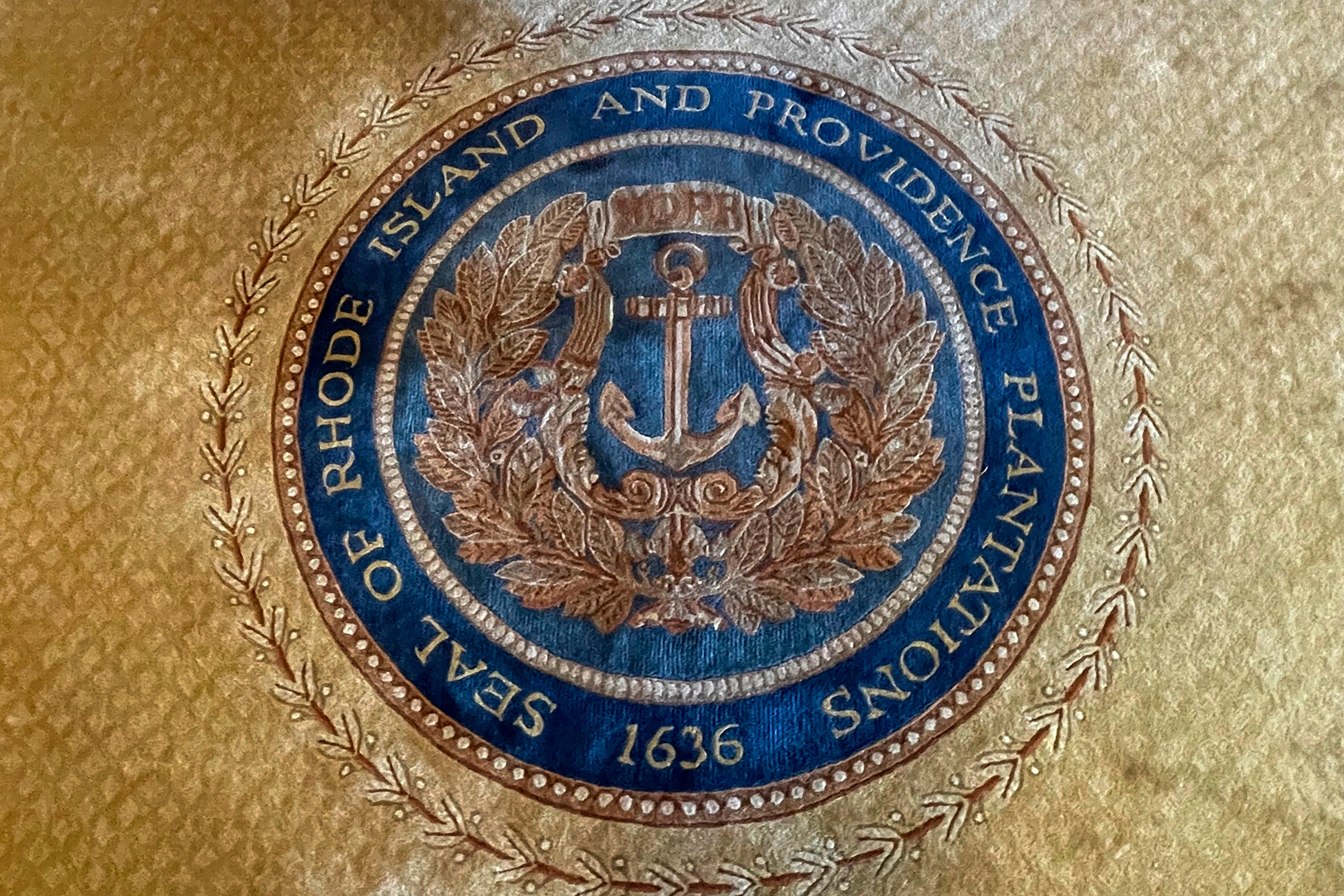Rhode Island reparations report suggests programs, not cash
A new report suggests ways Providence, Rhode Island, can atone for its extensive ties to the transatlantic slave trade and centuries of racism and discrimination

Your support helps us to tell the story
From reproductive rights to climate change to Big Tech, The Independent is on the ground when the story is developing. Whether it's investigating the financials of Elon Musk's pro-Trump PAC or producing our latest documentary, 'The A Word', which shines a light on the American women fighting for reproductive rights, we know how important it is to parse out the facts from the messaging.
At such a critical moment in US history, we need reporters on the ground. Your donation allows us to keep sending journalists to speak to both sides of the story.
The Independent is trusted by Americans across the entire political spectrum. And unlike many other quality news outlets, we choose not to lock Americans out of our reporting and analysis with paywalls. We believe quality journalism should be available to everyone, paid for by those who can afford it.
Your support makes all the difference.A new report suggests ways Providence, Rhode Island, can atone for its extensive ties to the transatlantic slave trade and centuries of racism and discrimination by, among other things, establishing home repair funds, launching financial literacy programs and boosting aid to Black and Indigenous organizations.
The report, issued Monday by the Providence Municipal Reparations Commission, notably doesn’t recommend giving out direct payments to Black and Native American residents, as some had called for.
Instead, it defines “reparations” as efforts that close the “present-day racial wealth and equity gaps,” and outlines 11 areas for the city to focus its reparations work, including criminal justice reform, neighborhood development, health equity and improving educational and cultural opportunities.
Providence’s reparations effort was launched the same year Rhode Island voters approved a ballot referendum getting rid of the words “and Providence Plantations” from the state’s formal name because of its slavery connotations.
The new report suggests creating a dedicated fund to support residents impacted by urban renewal policies that displaced and negatively impacted communities of color. It also calls for forgiving certain municipal court debts; ending police use of so-called “no-knock” warrants; decriminalizing consumption of alcohol in public; and creating a school curriculum based on the city’s research into its racist and discriminatory policies.
But the report doesn’t suggest how much money should be spent on the many specific initiatives it lists, or which should take priority over others. Mayor Jorge Elorza, who launched the reparations effort two summers ago and is leaving office at the end of the year, is expected to address next steps in the process Thursday, including how he proposes to spend $10 million in federal coronavirus pandemic funds the city has specifically earmarked for reparations-related work.
The report recommends limiting eligibility for reparations-related efforts to those with Indigenous heritage or ancestors originating from sub-Saharan Africa, residents of neighborhoods disproportionately impacted by the pandemic, and low income households earning less than 50% of the area median income.
Rodney Davis, chair of the commission, said in a statement that he hopes the report helps advance new city policies and programs and inspires outside institutions to also get involved.
“Our recommendations are centered on the objective of moving people, institutions, and businesses in a similar direction towards universal equity,” he said.
Last year, Elorza's administration released a historical report tracing the city’s racist and discriminatory practices and their legacy, from colonial through modern times. The reparations commission has been meeting since the spring with members appointed by the mayor and city council.